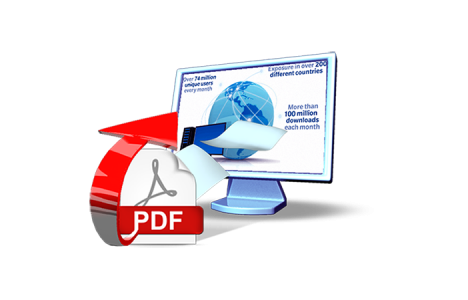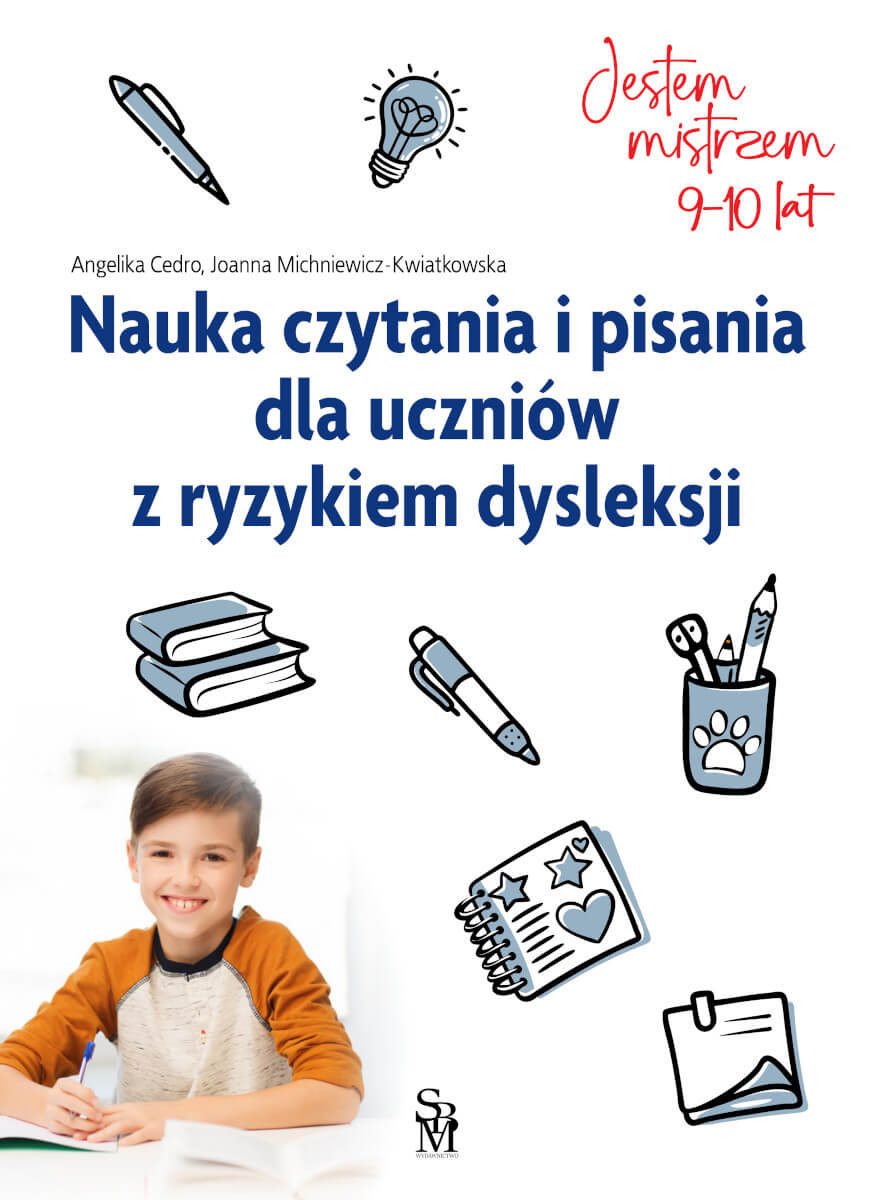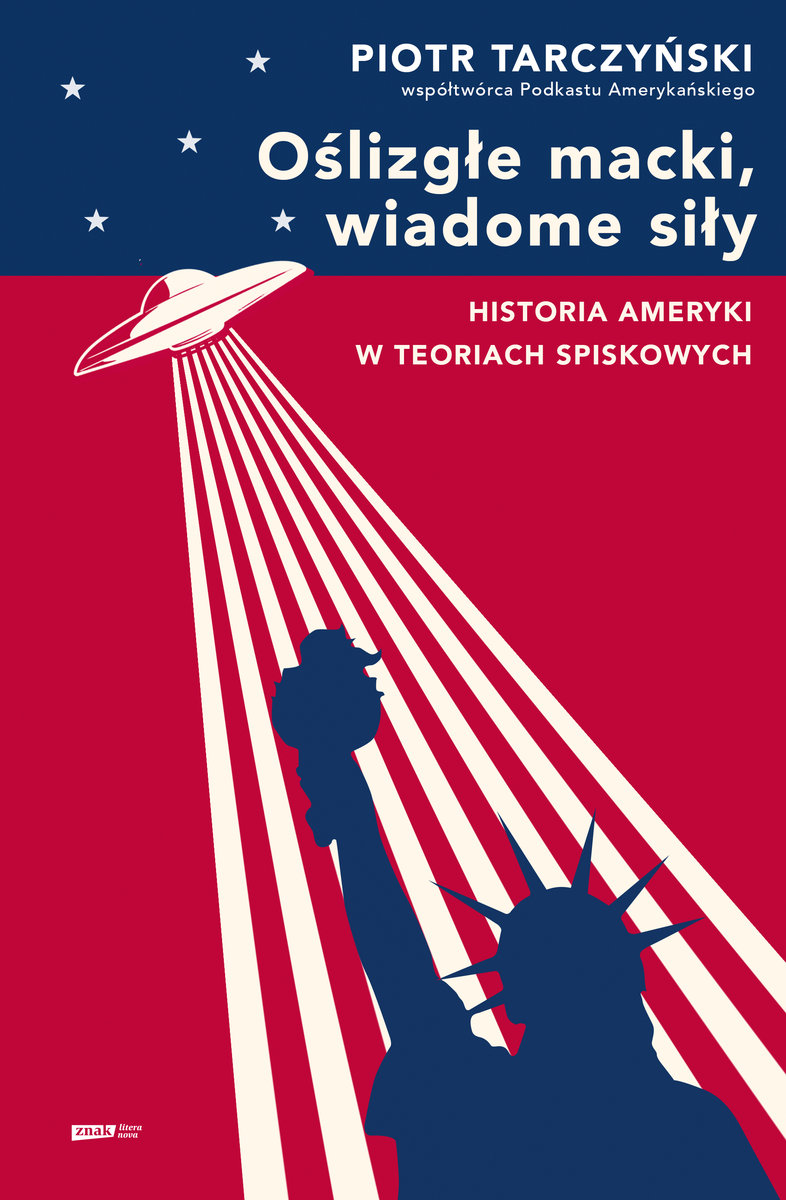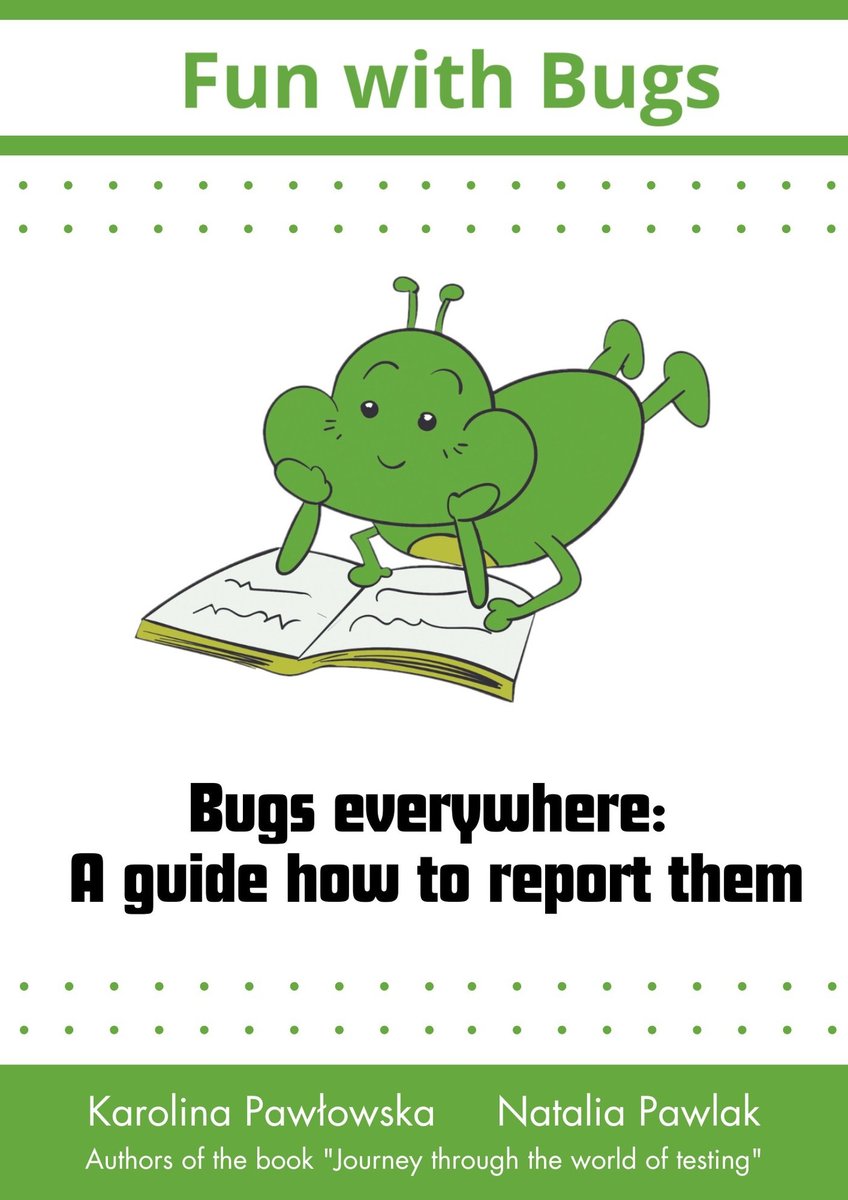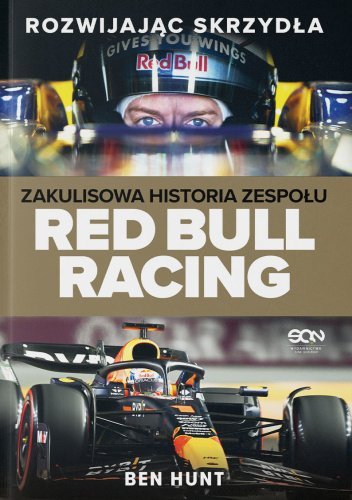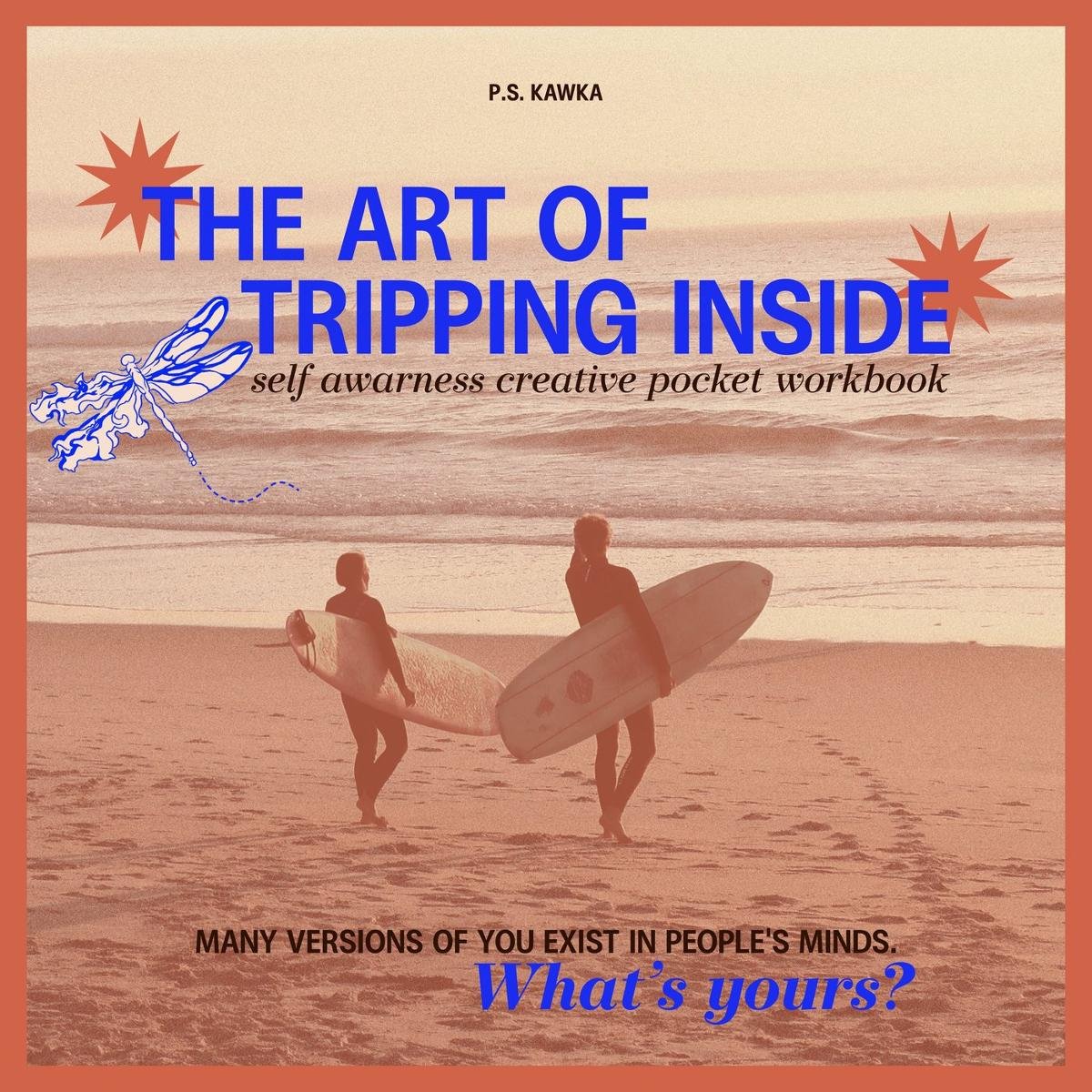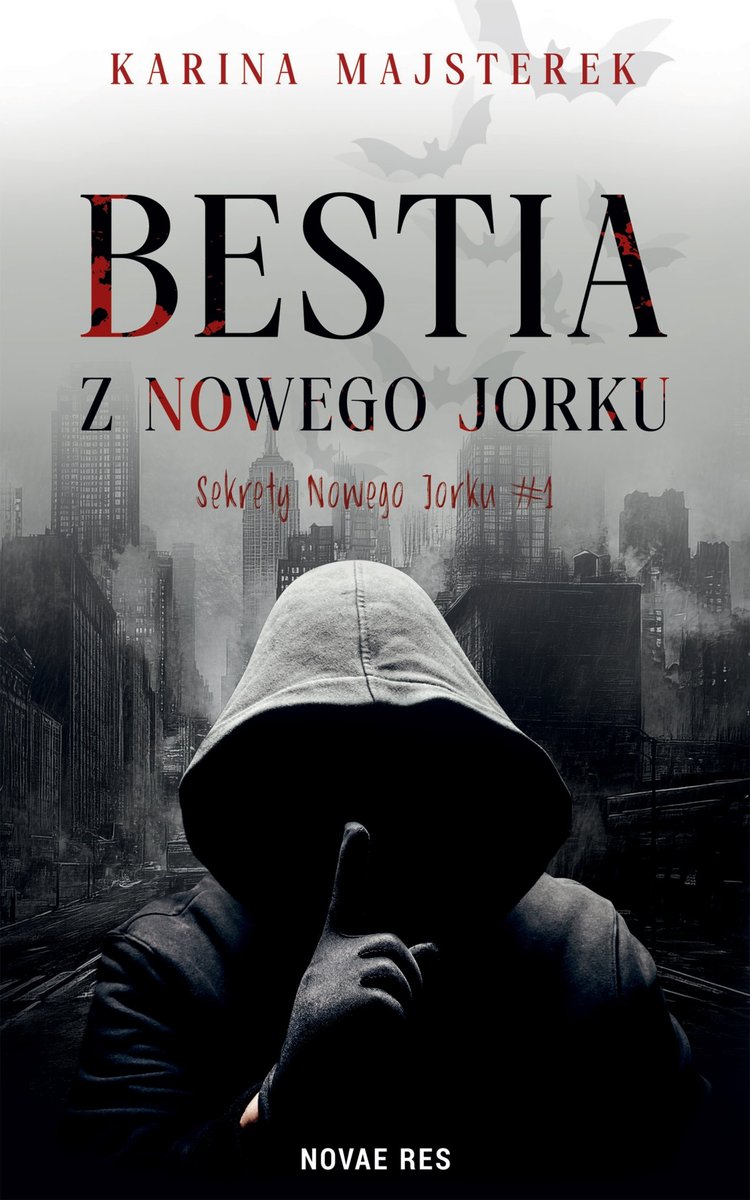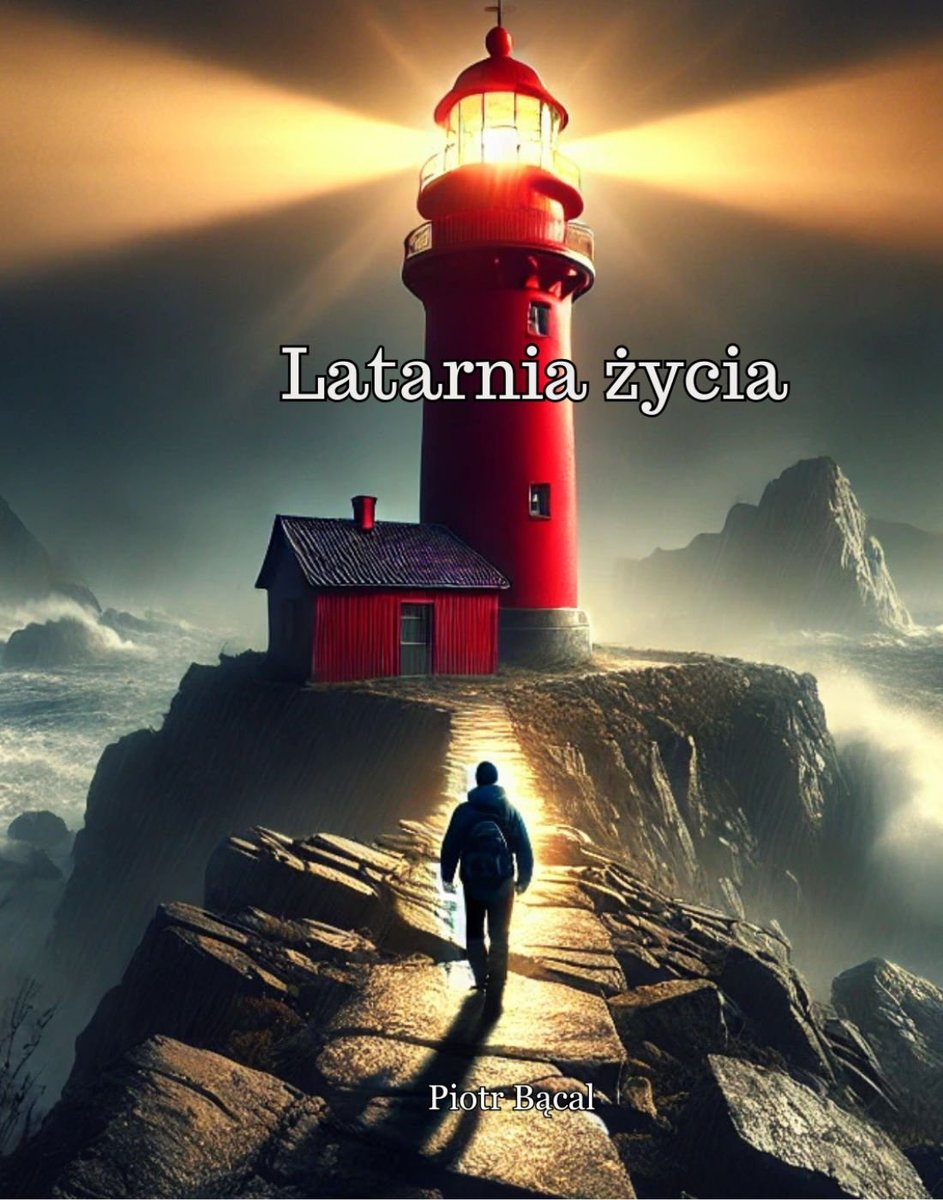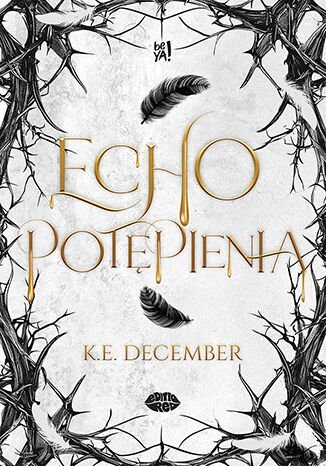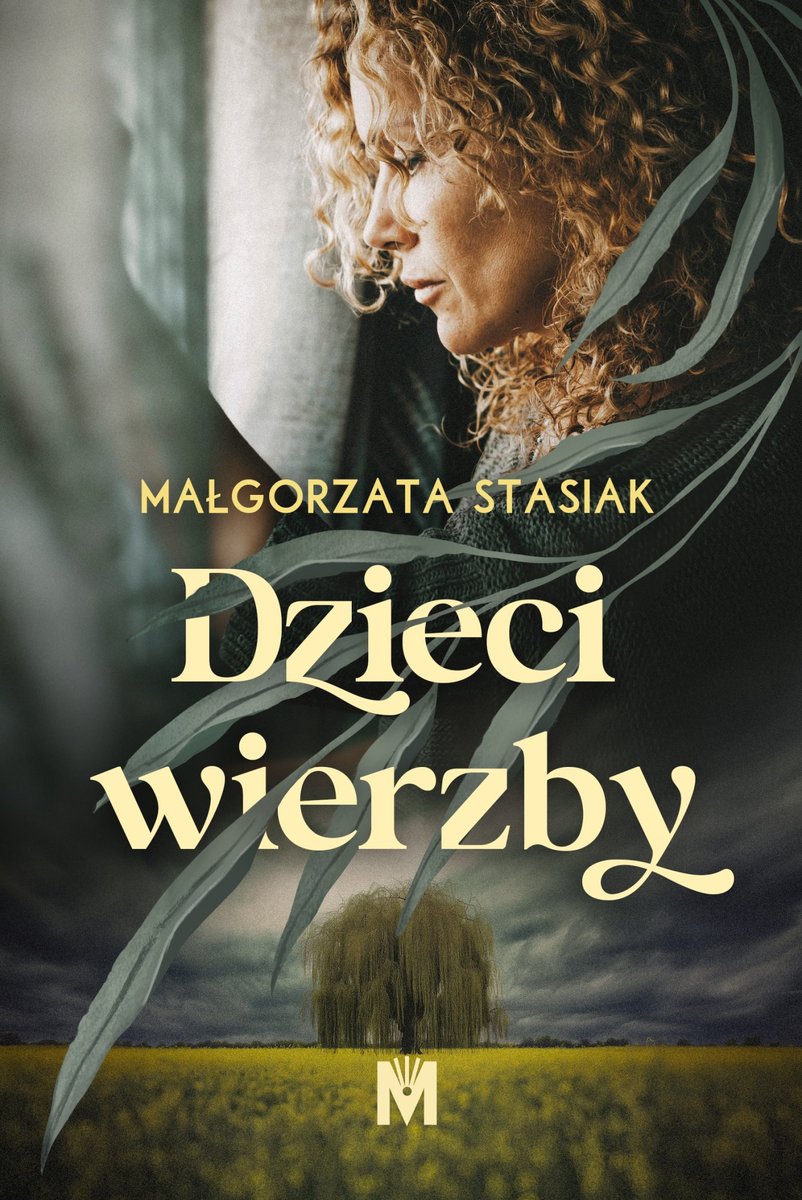Conflicts - Mediation - The Youth
| Szczegóły | |
|---|---|
| Tytuł | Conflicts - Mediation - The Youth |
| Rozszerzenie: | |
Conflicts - Mediation - The Youth PDF - Pobierz:
Pobierz PDF
Conflicts - Mediation - The Youth - podejrzyj 20 pierwszych stron:
Strona 1
Strona 2
Niniejsza darmowa publikacja zawiera jedynie fragment
pełnej wersji całej publikacji.
Aby przeczytać ten tytuł w pełnej wersji kliknij tutaj.
Niniejsza publikacja może być kopiowana, oraz dowolnie
rozprowadzana tylko i wyłącznie w formie dostarczonej przez
NetPress Digital Sp. z o.o., operatora sklepu na którym można
nabyć niniejszy tytuł w pełnej wersji. Zabronione są
jakiekolwiek zmiany w zawartości publikacji bez pisemnej zgody
NetPress oraz wydawcy niniejszej publikacji. Zabrania się jej
od-sprzedaży, zgodnie z regulaminem serwisu.
Pełna wersja niniejszej publikacji jest do nabycia w sklepie
internetowym Złote Ebooki.
Strona 3
Strona 4
CONFLICTS MEDIATION
THE YOUTH
Strona 5
Strona 6
CONFLICTS MEDIATION
THE YOUTH
edi ted by:
michał głaewski
lech sałaciski
Oficyna Wydawnicza „Impuls”
Kraków 2005
Strona 7
© Copyright by Oficyna Wydawnicza „Impuls”, Kraków 2005
Recenzent:
prof. zw. dr hab. Krystyna Ferenz
Projekt okładki:
Ewa Tatiana Beniak
Publikacja sfinansowana ze źródeł programów
SOCRATES, LEONARDO DA VINCI I MŁODZIEŻ
ISBN 83-7308-540-8
Oficyna Wydawnicza „Impuls”
30-619 Kraków, ul. Turniejowa 59/5
tel. (0-12) 422-41-80, fax: (0-12) 422-59-47
www.impulsoficyna.com.pl, e-mail: impuls@impulsoficyna.com.pl
Wydanie I, Kraków 2005
Strona 8
contents
editorial
lech sałaciski
on benefits of practical actions or the introduction to
an international project . . . . . . . . . . . . . . . . . . . . . . . . . . . . . . . . . . .
part i
theoretical context of conflict and mediation
lech sałaciski
school as a battlefield or a place of peaceful cooperation
open confrontation or developmental conflict . . . . . . . . . . . . . . . .
allen fleming
mediation within the context of northern ireland . . . . . . . . . . . . .
michał głaewski
conflict mediation consensus – and what afterwards? . . . . . . . . . .
part ii
institutions organizations and the specific character
of mediation and the strategy of conflict resolution
in the world
m a r g a r e t s h aw
north eastern education & library board counselling support
service policy and procedures . . . . . . . . . . . . . . . . . . . . . . . . . . . . . . .
grayna miłkowska
aggression in the polish school and ways of preventing it . . . . . . .
laurence moussetlibeau
proposal for a primary program of prevention in educational
circle of violences . . . . . . . . . . . . . . . . . . . . . . . . . . . . . . . . . . . . . . .
Strona 9
contents
angela fleischerwetzel
mediation projects in schools in eastern brandenburg . . . . . . . . . . . .
u r s u l a m e e h a n p h y l l i s m c g r aw g e r r y m e e h a n
outdoor education in northern ireland – practitioners using
outdoor education as a method of working with marginalised
and disaffected young people . . . . . . . . . . . . . . . . . . . . . . . . . . . . . . .
part iii
reports and information on the practical aspects
of work with teenagers from social risk groups
in different countries
manuela pligajonarska joanna magdodembiska
experience in work with teenagers on the project of school
mediation initiated and carried out by the “coolture of conflict”
group . . . . . . . . . . . . . . . . . . . . . . . . . . . . . . . . . . . . . . . . . . . . . . . .
andrea ohloff swen dankesreiter
open youth work in brandenburg – the example of the erkner
youth club ‘der club’ association for youth work and social
work
pat m o r g a n a m b r o s e s h e r ry f r a n c i s l o u g h l i n
jim mccartney
why youth work in schools . . . . . . . . . . . . . . . . . . . . . . . . . . . . . . . . .
s i lv i a w e i n e rt m i r ko k r ä m e r
selected practical examples for the prevention of violence
“best practice of violence prevention streetwork in schwedt” . . . .
epilogue
michał głaewski
conflict as a dispute over truth – postmodern ethics
of fear and hope . . . . . . . . . . . . . . . . . . . . . . . . . . . . . . . . . . . . . . . . . .
Strona 10
editorial
Strona 11
Strona 12
lech sałaciski
Poland
on benefits of practical actions
or the introduction to an international
project
At present in Poland as well as in many other European countries numer-
ous projects financed from the means of the European Union are carried out.
All these projects, despite their diversity in terms of contents and structure,
have one idea in common: supporting all initiatives leading to social deve-
lopment and international cooperation within the framework of the uniting
Europe. Each of the projects should result in measurable and practical ben-
efits. Yet in the opinion of many people this is not always the case. It may
happen that particular projects result in bulky volumes of studies in which
it is difficult to identify any practical benefits.
This book, and I hope that most readers will share my opinion in this re-
spect, proves that the international projects carried out are not a mere waste
of time and money, but in fact can practically contribute to the development
of particular countries and regions. The authors of particular chapters of the
book are directly involved in the project carried out within the framework
of three European programmes: Socrates, Leonardo da Vinci and The Youth.
Their ideas, concepts, conclusions or reports on actual actions undertaken
constitute the true value of this study and confirm the practical benefits of
this kind of activity.
The main topic of the project focused on the issue of social conflicts and
shaping social, democratic and civic attitudes in various circles. One of the
major forms of the project consisted in organising workshops for pedagogues
from selected European countries which would provide them with an op-
portunity to learn more about the specific character and conditioning of so-
cial conflicts occurring in particular areas and their consequences for educa-
tion. Apart from that the workshops were meant to offer an opportunity to
practice concrete abilities vital for coping with conflict situations arising in
schools and other educational institutions. The following title summarizes
the primary aim and the major task underlying the project: “Shaping Demo-
Strona 13
editorial
cratic and Civic Attitudes Through a Systematic Training in Resolving Con-
flicts – an International Comparative Study”.
The project was initiated by the employees of the Brandenburg Regional
Office for Foreigners, Youth Work and School (Regionale Arbeitsstellen für
Ausländerfragen, Jugendarbeit und Schule e. V. – RAA Brandenburg). RAA
Brandenburg is a German non-governmental organization whose scope of
activity covers the land of Brandenburg. The main statutory aims of the or-
ganisation include prevention of racism and hostility towards foreigners as
well violence in educational institutions (both in schools and out of school).
The organization employs, on various time and contractual principles, more
than 40 pedagogues and social workers, which certainly should constitute
a pattern to be followed in the Polish context.
The employees implement and supervise various projects targeted at chil-
dren, teenagers and adults. Many of these projects are specifically aimed at
teachers. Work with immigrants, migrants and other ‘minority’ groups also
constitute some of the priorities of the programme. Workers’ salaries as well
as the projects undertaken by RAA Brandenburg are fully financed from the
European means, the budget of Brandenburg or other means acquired from
various foundations.
The project described involved not only RAA Brandenburg but also
twin organizations in France: Academie Francaise, Délégation Académiqe
aux Relations Internationales et à la coopération in Rennes, Northern Ire-
land: North Eastern Education and Library Board from Antrim and Poland:
Zielona Góra Educational Association “Civilitas” from Zielona Góra, Teach-
er Training Centre from Zielona Góra and “Bona Fides” “Kultura Dialogu”,
“Horyzont”, “Meditor” from Silesia. All these organizations are actively in-
volved in education and are experienced in terms of work with schools, chil-
dren and teenagers in the area of conflict and violence prevention. A closer
examination of the scope of activity of these organizations shows that in their
routine, daily work many interesting instances of actions practically contrib-
uting to the democratization of school life as well as to the raise of the qual-
ity of social life in general can be found.
According to its assumptions the project was aimed directly at two
groups:
– teachers, pedagogues and social workers employed in schools of various
types, willing to start work with teenagers, parents and other teachers.
The aim was to acquire interpersonal competences and the ability to
resolve all conflict situations peacefully and encourage democratic at-
titudes in everyday life;
Strona 14
on benefits of practical actions…
– young people in problem situations (e.g. teenagers from pathological
backgrounds, handicapped people, juvenile immigrants or teenagers of
the rightist political orientation).
The actual tasks underlying the project were scheduled for two years and
covered the following scope of activity:
– five 10-day international workshops during which the participants had
an opportunity to: familiarise themselves with the specific character of
social conflicts in particular countries and resulting educational prob-
lems, learn about the methods of coping with such problems in nor-
mal conditions of routine work and life, exchange experience as far as
mediation and negotiation in conflict situations are concerned and ac-
quire new pedagogical skills during practical activities;
– publication of a book promoting the idea of the project, describing the
achievements of the participants, their practical experience, conclusions
from the tasks undertaken or theoretical reflections connected with the
problems of teenagers, their aggressive behaviour and conflicts between
young people;
– training sessions were organised in host countries and regions and as
a result the participants were able to work out new methods of work
with children, teenagers, parents, teachers as well as prepare materials
which could be used while working with young people;
– direct work with young people in selected schools and educational in-
stitutions in particular regions.
The participants of the project found subsequent study trips particularly
informative, especially from the cognitive point of view, since they were of-
fered an opportunity to take a closer look at problems typical for particular
countries or regions. It turns out that what poses a specific problem in one
area or country is no loner a threat somewhere else. It was either dealt with
successfully in the past, it is efficiently prevented or it becomes insignificant
from the general point of view.
For instance while visiting Northern Ireland, project participants had an
opportunity to gain an in-depth knowledge of the essence and origins of the
existing religious conflicts. These conflicts, so typical of this region, do oc-
cur, yet are not so significant in other countries. Nevertheless, getting a bet-
ter insight into the essence of the problems as well their significance for ed-
ucational practice was of particular interest. Project participants may have
been mislead by a deceptive impression that nobody remembers what it is
that the people in Northern Ireland fight for and where all the hatred and
Strona 15
Niniejsza darmowa publikacja zawiera jedynie fragment
pełnej wersji całej publikacji.
Aby przeczytać ten tytuł w pełnej wersji kliknij tutaj.
Niniejsza publikacja może być kopiowana, oraz dowolnie
rozprowadzana tylko i wyłącznie w formie dostarczonej przez
NetPress Digital Sp. z o.o., operatora sklepu na którym można
nabyć niniejszy tytuł w pełnej wersji. Zabronione są
jakiekolwiek zmiany w zawartości publikacji bez pisemnej zgody
NetPress oraz wydawcy niniejszej publikacji. Zabrania się jej
od-sprzedaży, zgodnie z regulaminem serwisu.
Pełna wersja niniejszej publikacji jest do nabycia w sklepie
internetowym Złote Ebooki.
